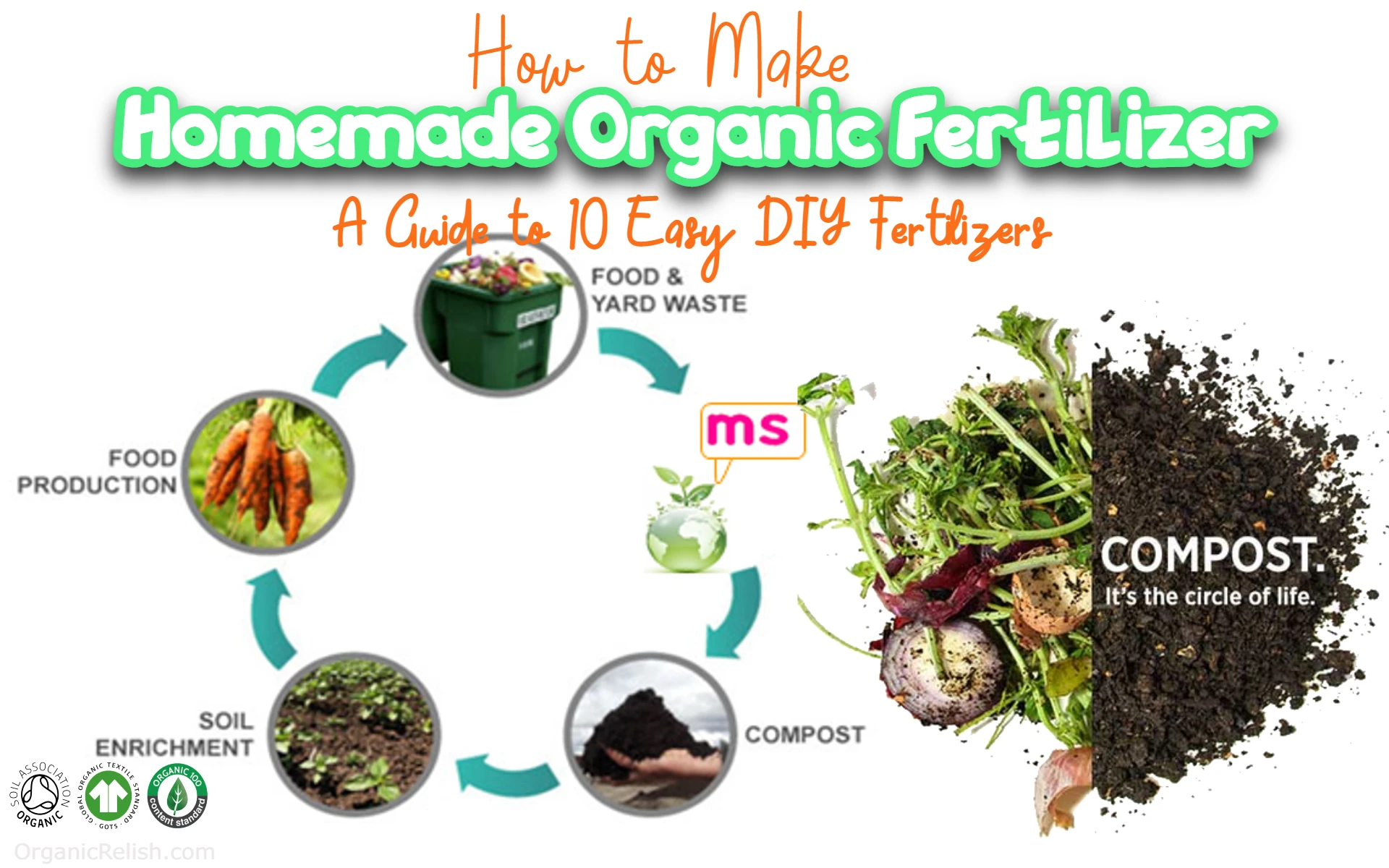What is Organic Gardening?
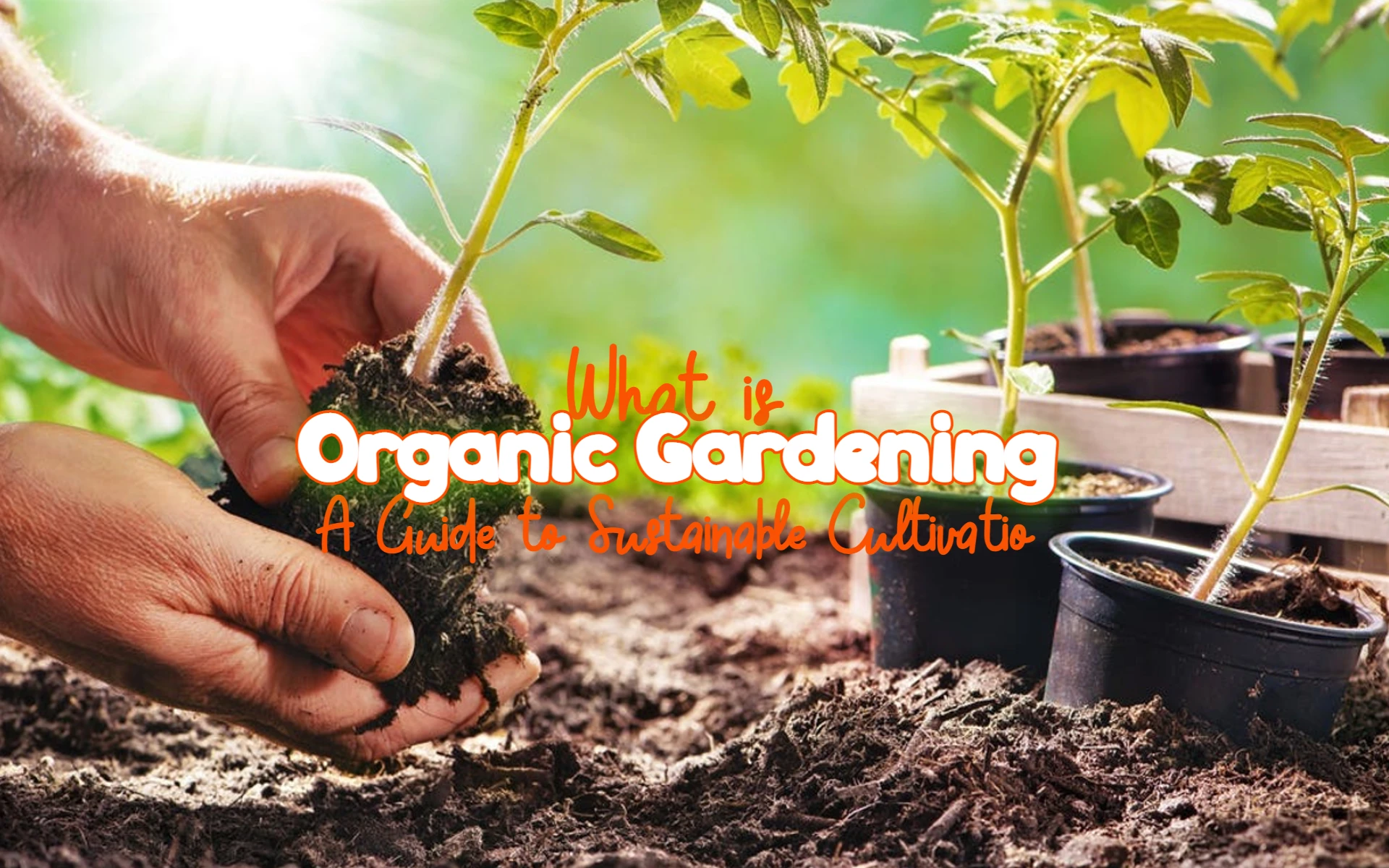
Organic Gardening: A Guide to Sustainable Cultivation
Organic gardening is a type of gardening that aims to cultivate and grow plants in a way that is environmentally friendly and sustainable. Unlike conventional gardening, organic gardening does not use synthetic pesticides, fertilizers, or other chemicals. Instead, it relies on natural methods and materials to nourish the soil, protect plants from pests and diseases, and promote healthy growth.
Organic gardening is not only beneficial for the environment but also for the health of the plants, the soil, and the gardener. By avoiding synthetic chemicals, the soil remains rich in nutrients, and the plants are grown in a way that is more natural and healthy. This not only leads to better plant growth but also means that the fruit and vegetables grown in an organic garden are free from harmful chemicals and safe to consume.
Organic gardening also provides an opportunity to connect with nature, work outdoors, and practice sustainable living. Gardening is a great way to relieve stress, get exercise, and enjoy fresh air and sunshine. Gardening can also be a source of pride and accomplishment, especially when you see the fruits of your labor in the form of blooming flowers, fresh produce, or a beautiful garden. Whether you’re growing organic food to eat or flowers for your enjoyment, organic gardening can be a rewarding and fulfilling experience for everyone.
Definition of Organic Gardening
Organic gardening refers to a method of growing plants, fruits, and vegetables that emphasizes the use of natural inputs and a sustainable approach to soil health. This method of gardening avoids the use of synthetic chemicals, such as fertilizers, pesticides, and herbicides, and instead focuses on creating a healthy soil ecosystem that can support plant growth without harmful interventions.
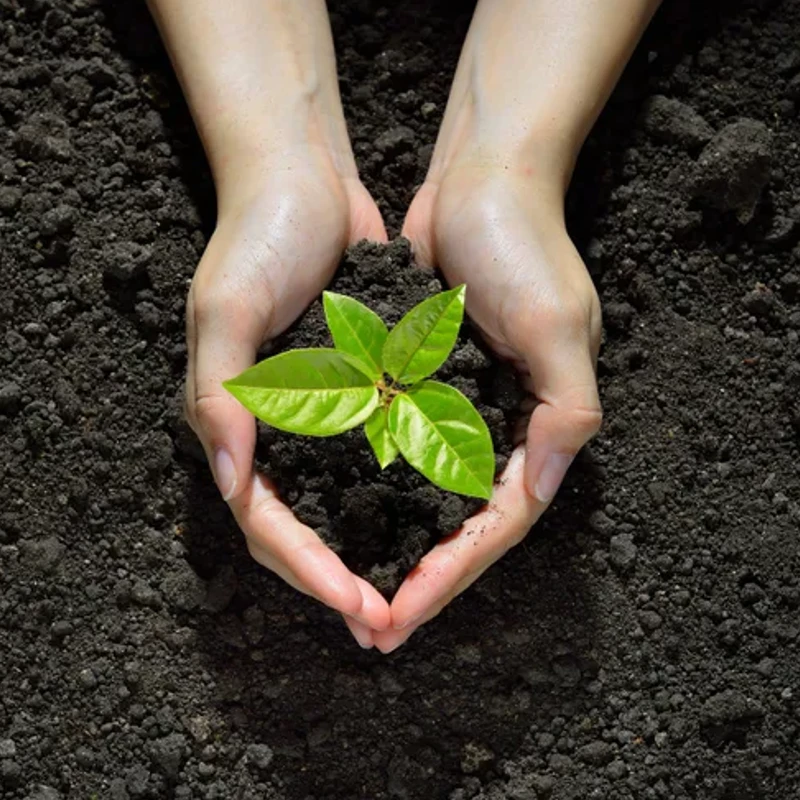
Organic gardening has a number of benefits, both for the environment and for the health of the gardener and their family. Here are a few of the most notable benefits of organic gardening:
5 Benefits of Organic Gardening
Organic gardening is a method of growing plants without the use of synthetic fertilizers and pesticides. This type of gardening has become increasingly popular in recent years as more people are looking for ways to live a healthier and more environmentally-friendly lifestyle. In addition to being better for the environment, there are many other benefits to organic gardening that make it a worthwhile endeavor for anyone looking to grow their own plants, flowers, fruits, and vegetables.
#1. Healthier Soil and Plants
One of the primary benefits of organic gardening is the promotion of healthier soil and plants. The use of synthetic fertilizers and pesticides in traditional gardening methods can lead to soil depletion and toxic buildup. This can harm the plants and the soil’s microorganisms, reducing the overall health of the ecosystem. In contrast, organic gardening focuses on building up soil fertility and promoting healthy plant growth through the use of compost and other organic fertilizers. By avoiding synthetic chemicals and promoting healthy soil and plant growth, organic gardening leads to healthier, more robust, and more flavorful produce.
#2. Reduced Exposure to Toxins
Another benefit of organic gardening is the reduced exposure to toxins. Synthetic fertilizers and pesticides are often toxic to humans and the environment. By avoiding these chemicals, organic gardeners reduce their risk of exposure to these harmful substances. Furthermore, organic produce is often higher in nutrients and lower in toxins than conventionally grown produce, making it a healthier choice for families and communities.
#3. Encourages Biodiversity
Organic gardening also encourages biodiversity. By promoting healthy soil and avoiding the use of synthetic chemicals, organic gardens become a haven for beneficial insects, pollinators, and other wildlife. This leads to a more balanced ecosystem, with many different species of plants, insects, and animals working together to support each other. The result is a garden that is not only more beautiful, but also more resilient, with a diverse array of plants that are better able to withstand disease, pests, and other challenges.
#4. Saves Money
In addition to the health and environmental benefits of organic gardening, it can also save money. By using compost and other organic materials to fertilize the soil, organic gardeners avoid the cost of purchasing synthetic fertilizers. Additionally, organic gardeners often rely on natural methods to control pests and diseases, avoiding the cost of chemical pest controls. Furthermore, by growing their own fruits, vegetables, and herbs, organic gardeners save money on groceries and enjoy the satisfaction of knowing exactly where their food comes from.
#5. Reduces Carbon Footprint
Finally, organic gardening helps to reduce the carbon footprint of food production. Traditional farming methods, which often rely on synthetic fertilizers and pesticides, can contribute to soil degradation and lead to the release of carbon into the atmosphere. In contrast, organic gardening focuses on building up soil fertility, reducing the need for synthetic chemicals, and promoting healthy plant growth. This leads to a more sustainable food system that is better for the environment and the planet.
In conclusion, organic gardening offers a wide range of benefits for both the gardener and the environment. From promoting healthier soil and plants, to reducing exposure to toxins, encouraging biodiversity, saving money, and reducing the carbon footprint of food production, there are many compelling reasons to embrace organic gardening. Whether you are a seasoned gardener or just starting out, organic gardening is a wonderful way to connect with the natural world, grow your own food, and promote a healthier and more sustainable future.
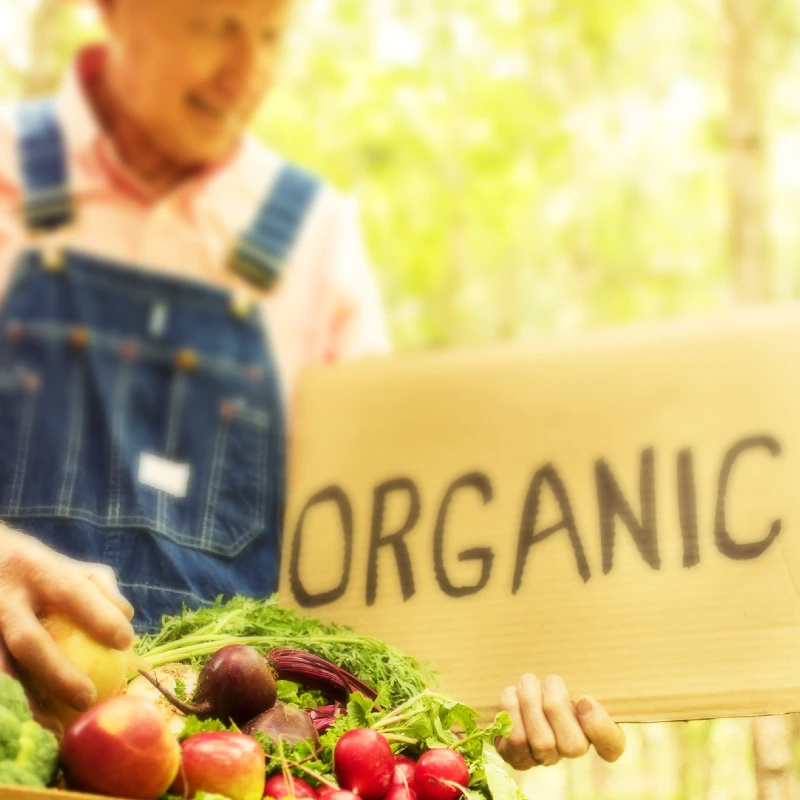
Components of Organic Gardening
Organic gardening is a form of agriculture that focuses on producing healthy food, plants and crops without the use of synthetic chemicals or pesticides. It is a holistic approach to gardening that promotes the health of the entire ecosystem, including the soil, plants, and the environment. There are several components of organic gardening that work together to create a healthy and sustainable environment for plants to thrive.
Soil Health and Fertility
The first component of organic gardening is soil health and fertility. The soil is the foundation of any garden, and a healthy soil is essential for healthy plants. Organic gardeners aim to build and maintain soil fertility by adding organic matter to the soil, such as compost, mulch, and cover crops. These organic materials provide essential nutrients to the soil and support the growth of beneficial microbes and other soil organisms that help to improve soil structure and fertility. Organic gardeners also avoid using synthetic fertilizers, as they can be harmful to soil health and the environment. Instead, they use natural fertilizers, such as animal manures, rock phosphate, and plant-based products, such as seaweed and wood ash, to provide the necessary nutrients to the soil.
Pest and Disease Management
Another component of organic gardening is pest and disease management. Organic gardeners understand that pests and diseases are a natural part of gardening, and they aim to keep pest populations below damaging levels by using a combination of cultural and chemical control methods. Cultural methods of control include practicing good sanitation, rotating crops, and hand-picking pests and eggs. Chemical control methods include the use of natural pesticides, such as neem oil, insecticidal soaps, and minerals, such as copper and sulfur. Organic gardeners also encourage the growth of beneficial insects and pest predators, such as spiders, bats, birds, lizards, and toads, to help keep pests under control. By avoiding the use of synthetic pesticides, organic gardeners reduce the impact of chemicals on the environment and promote the health of the ecosystem.
Plant Diversity and Diversity of Ecosystem
The final component of organic gardening is plant diversity and diversity of ecosystem. Organic gardeners understand that a diverse ecosystem is essential for the health of the environment and plants. By planting a variety of plants and flowers, organic gardeners create a habitat for beneficial insects, pollinators, and other organisms that play a critical role in maintaining a healthy ecosystem. Organic gardeners also avoid monoculture, where one crop is grown in large quantities, and instead grow a mixture of crops to reduce the risk of disease and increase the diversity of the ecosystem. By promoting diversity, organic gardeners help to maintain a healthy environment for plants to thrive and provide a sustainable source of food and plants.
Different Types of Organic Gardening Methods
Organic gardening is a method of growing plants that emphasizes the use of natural processes and resources rather than synthetic chemicals. There are many different methods of organic gardening, each with its own unique approach to soil management, plant care, and pest control. Some of the most popular and widely used organic gardening methods include the following.
The Bio-Intensive Method
The Bio-Intensive method is a form of organic gardening that emphasizes soil improvement through the use of compost and compost tea. This method is designed to maximize the production of food on a small plot of land, and it places a strong emphasis on soil fertility and plant nutrition. To practice the Bio-Intensive method, gardeners will till the soil to a depth of at least 12 inches, amend it with organic matter such as compost, and apply compost tea regularly to feed the soil microbes. They will also use double digging to improve soil structure, and they will space plants closely to maximize yields. This method is ideal for those who are looking to grow a lot of food on a small piece of land.
The No-Till Method
The No-Till method is a form of organic gardening that emphasizes minimal soil disturbance and the use of cover crops to improve soil health. In this method, gardeners avoid tilling the soil, instead relying on cover crops and mulch to protect the soil, conserve moisture, and build soil fertility. Cover crops are planted between the main crops, and they are left to grow until just before they flower. At this point, the cover crops are cut down and incorporated into the soil, providing a boost of organic matter and improving soil structure. This method is ideal for those who are looking to reduce their labor and conserve soil resources.
The Permaculture Method
Permaculture is a holistic approach to gardening that emphasizes the use of sustainable design principles to create a self-sufficient, low-maintenance system. In this method, gardeners use a variety of techniques, including companion planting, swales, and guilds, to create a highly productive and self-sustaining ecosystem. Companion planting involves planting different crops together that complement each other, such as planting nitrogen-fixing legumes with heavy feeders like corn or tomatoes. Swales are shallow ditches that are filled with compost and mulch, and they are used to conserve moisture and reduce erosion. Guilds are groups of plants that work together to create a self-sustaining system, such as a fruit tree guild that includes nitrogen-fixing plants, companion plants, and pollinators. This method is ideal for those who are looking to create a highly productive and self-sustaining garden that requires minimal intervention.
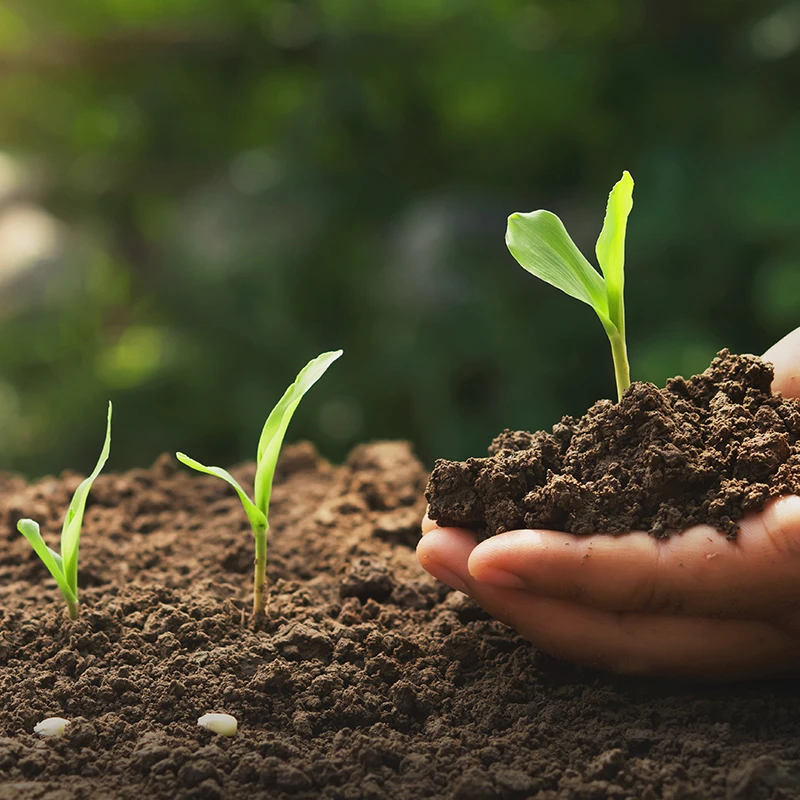
Organic Gardening Needed Products
While organic gardening can be more challenging than conventional gardening, it is a great way to maintain a healthy and sustainable garden. One of the most important aspects of organic gardening is choosing the right products to use. In this section, we will discuss some of the essential products that are needed to successfully maintain an organic garden.
Compost and Manure
One of the most important components of organic gardening is compost and manure. Compost is a mixture of organic materials that are broken down into a rich soil amendment. Manure is a type of organic fertilizer that is derived from animal waste. Both of these products are great sources of nutrients for plants and can help to improve soil fertility. When used correctly, compost and manure can help to improve soil structure, increase water-holding capacity, and enhance the growth of plants.
Organic compost for plants
Take the next step in your organic gardening journey and provide your plants with the nourishment they deserve by purchasing high-quality organic compost today. This natural, nutrient-rich soil amendment is made from decomposing organic matter, such as leaves, grass clippings, and food waste, and it provides a steady supply of essential vitamins and minerals to your plants. Not only does it improve soil structure and fertility, but it also helps to reduce the need for synthetic fertilizers and pesticides. So why wait? Order your organic compost now and watch your plants thrive like never before!
Fertilizers
Organic fertilizers are an essential component of organic gardening. Unlike synthetic fertilizers, organic fertilizers are made from natural materials and do not contain harmful chemicals. Some popular types of organic fertilizers include bone meal, blood meal, fish emulsion, and kelp meal. These fertilizers are rich in essential nutrients and can help to improve soil fertility, promote healthy plant growth, and increase crop yields.
Plant Food & Fertilizer
By using organic compost and plant food, gardeners can provide their plants with the essential nutrients they need to grow strong and healthy, without the use of synthetic chemicals that can harm the environment. So, if you want to ensure that your plants receive the best possible care, consider investing in a premium quality organic plant food or fertilizer today. Not only will your plants thank you, but you will also be doing your part in preserving the health of our planet for future generations.
Pest Control Products
Pests and diseases can be a major problem in any garden, but they can be especially challenging in an organic garden. Organic gardeners must rely on natural methods to control pests and diseases, such as companion planting, crop rotation, and the use of natural predators. In addition to these methods, there are also a variety of organic pest control products that can be used to help protect plants from pests and diseases. Some popular organic pest control products include insecticidal soaps, horticultural oils, and neem oil.
Organic Pest Control Products
If you are looking for an effective and environmentally friendly way to control pests in your organic garden, look no further than organic pest control products. These products are made from natural ingredients and are designed to provide long-lasting protection without harming your plants or the surrounding environment. They are also safe for you, your family, and your pets to use and come in a variety of forms, including sprays, powders, and granules. Whether you are trying to control aphids, caterpillars, or any other type of garden pest, organic pest control products are a great option to consider. So, why wait? Invest in organic pest control today and take the first step towards a healthier, more sustainable garden.
Conclusion
Organic gardening is a sustainable form of agriculture that seeks to create a self-sustaining environment in which the soil, plants, and beneficial insects support each other’s growth and health. By using natural resources and avoiding synthetic pesticides and fertilizers, organic gardening helps to protect the environment and promote biodiversity. Whether you’re growing a few herbs or a large vegetable garden, incorporating the principles of organic gardening can help to improve the health of your soil, plants, and environment.
FAQs
Organic gardening is a method of growing plants and cultivating soil without the use of synthetic pesticides, fertilizers, or other harmful chemicals. It relies on natural processes and materials to maintain soil fertility and control pests.
Organic gardening provides numerous benefits, including the promotion of soil health, the reduction of environmental pollution, and the production of safer and more nutritious food. It also supports local ecosystems and reduces the reliance on non-renewable resources.
The components of organic gardening include soil preparation, composting, crop rotation, mulching, and the use of organic pest control methods. It also includes the use of natural fertilizers, such as compost, green manure, and bone meal.
The different types of organic gardening methods include raised bed gardening, square foot gardening, companion planting, and no-till gardening. Each method has its own advantages and disadvantages, and the choice of method depends on the goals of the gardener and the specific growing conditions of the site.
The essential products for organic gardening include organic fertilizers, compost, soil amendments, and pest control products. Other helpful tools and products include a compost bin, watering can, hand tools, and mulch.
Organic gardening can require more time and effort, but the results are well worth it. With a little patience and the right tools and techniques, anyone can become an organic gardener. It is also a great way to learn about the natural processes that sustain plant growth and soil fertility.
Read More:
